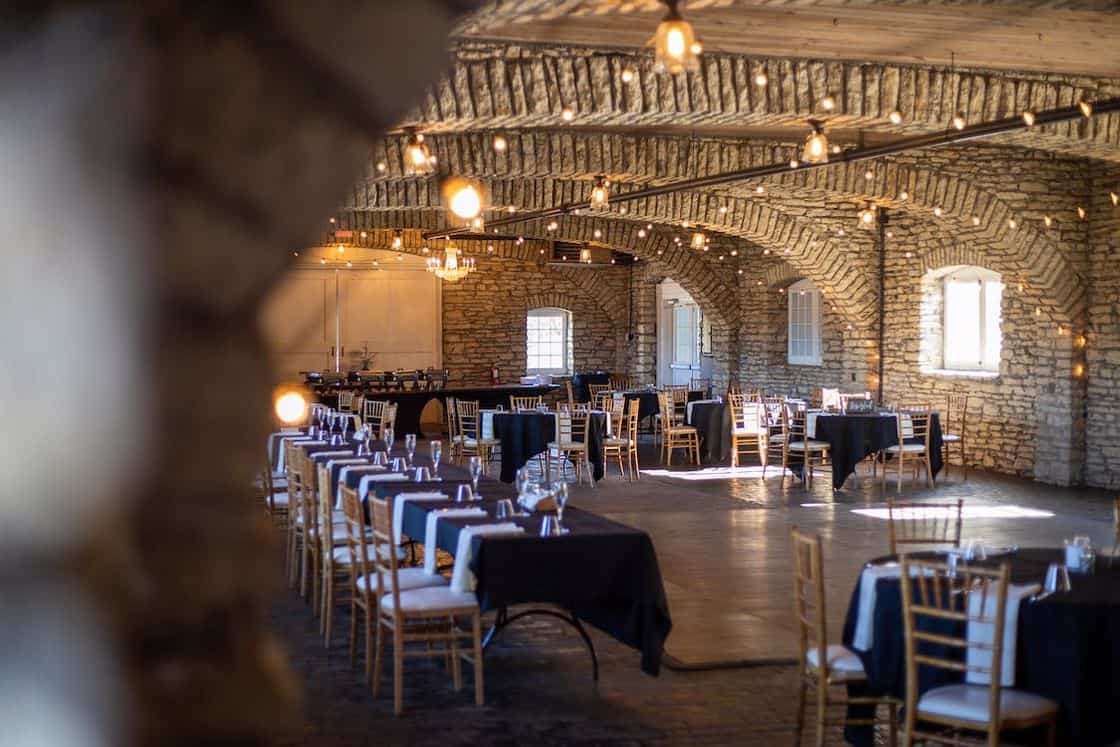Understanding the Value of Events Administration in the Production Sector
The value of events monitoring within the production market can not be overemphasized, as it offers as a critical element in bridging the gap in between innovative vision and effective implementation. By stressing logistical control, spending plan adherence, and stakeholder interaction, successful events can boost brand name interaction and operational efficiency.
Duty of Occasions Administration
Occasions administration plays a critical duty in the manufacturing industry, working as the bridge in between imaginative ideas and substantial results. It includes a large range of duties, consisting of preparation, carrying out, and assessing different events, which are crucial for showcasing productions, engaging target markets, and promoting collaboration amongst stakeholders.
Among the important features of events monitoring is logistical coordination. This entails securing places, arranging devices, and handling timelines to make certain that every information straightens with the overarching vision of the manufacturing. In addition, events supervisors are charged with budgeting and resource allotment, which needs an eager understanding of monetary restrictions and the capability to take full advantage of worth.
Furthermore, efficient communication and stakeholder administration are important parts of events administration. Professionals in this field must communicate with a varied set of individuals, consisting of musicians, sponsors, and vendors, to develop a natural experience. They additionally play a vital duty in marketing and promo, using numerous channels to generate interest and presence.

Benefits for Production Firms
An effective occasions administration technique can yield substantial advantages for manufacturing companies, boosting their general operational performance and market existence. By improving the planning and execution of events, manufacturing firms can assign resources a lot more effectively, lowering expenses associated with mismanagement or last-minute modifications. This performance not only conserves money but likewise allows teams to concentrate on their core competencies, inevitably bring about higher-quality results.
Moreover, well-executed occasions can serve as powerful advertising devices, enhancing brand name presence and cultivating stronger connections with customers, stakeholders, and the public. Engaging occasions develop opportunities for networking and collaboration, which can result in new collaborations or projects that enhance a business's reach within the sector.
Furthermore, events can give valuable insights with audience comments and interaction metrics, enabling production firms to fine-tune their approaches and offerings. This data-driven technique can bring about even more targeted advertising and marketing initiatives and boosted consumer satisfaction.
Trick Aspects of Effective Events
Effective events rest on a number of crucial elements that add to their general impact and efficiency. Firstly, clear objectives are important; understanding the objective of the occasion permits for focused planning and implementation. This entails identifying the target market and tailoring the event's web content see it here and activities to meet their needs.
Furthermore, meticulous planning is important. This consists of establishing an in-depth timeline, appointing functions and responsibilities, and managing budgets efficiently. Attention to logistics, such as venue selection, devices services, and catering solutions, can not be neglected, as they directly influence the occasion's success.
Another essential aspect is effective interaction. This incorporates not only internal coordination among staff member however additionally outside messaging to stakeholders and participants, making certain everybody is notified and involved.
Challenges in Event Control
Collaborating an occasion provides an unique collection of obstacles that can influence its general success. Among the most significant hurdles is managing time efficiently. Occasions typically have tight schedules, and any hold-up can cause a plunging impact on succeeding tasks, diminishing the experience for participants. Additionally, logistical intricacies such as place choice, transportation, and tools services need thorough planning and coordination.

Spending plan restraints likewise position a considerable challenge. Occasion organizers should navigate economic constraints while aiming to meet the expectations of stakeholders, which frequently necessitates imaginative solutions to maximize resources. Stakeholder management can be specifically complex, as varying rate of interests among enrollers, vendors, and customers must be balanced to achieve a natural vision.

Future Fads in Occasions Monitoring
Increasingly, the occasions monitoring sector is embracing technological innovations that are reshaping the way events are intended and executed. One significant pattern is the increase of virtual and hybrid occasions, which offer greater ease of access and versatility for guests (production companies in charlotte nc). This change allows coordinators to get to larger target markets while minimizing logistical prices connected with typical in-person gatherings
Another fad is the assimilation of information analytics devices to improve event experiences. By collecting and analyzing guest information, occasion supervisors can customize experiences to much better satisfy target i was reading this market preferences and improve interaction. This data-driven technique not only improves participant fulfillment but additionally provides valuable understandings for future events.
Sustainability is likewise ending up being a prime focus in events management, with firms prioritizing environment-friendly practices such as lowering waste and carbon footprints. This fad aligns with wider social shifts towards ecological consciousness, attracting a demographic progressively worried about sustainability.
Last but not least, making use of immersive modern technologies, such as enhanced fact (AR) and online fact (VIRTUAL REALITY), is established to transform occasion experiences, producing interesting and interactive environments that leave enduring impacts on guests. As these fads continue to evolve, they will certainly form the future landscape of events management in the production market.
Final Thought
Finally, efficient events management is important for the production industry, linking the space in between creative ideas and their execution. By improving logistical control, optimizing source allotment, and cultivating stakeholder communication, events administration adds considerably to functional efficiency and audience involvement. Attending to the obstacles of coordination while adapting to future fads will even more solidify its role in driving successful results and enhancing consumer contentment. Eventually, a tactical method to events administration is crucial for sustained market growth.